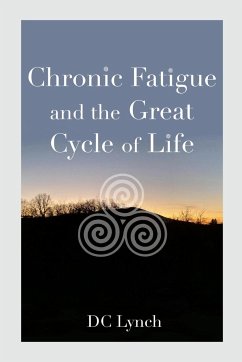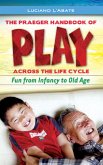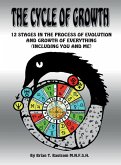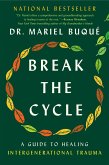For a subgroup of us, chronic threat nudges the body into extended repair and this psychophysiological state shares many features with hibernation. In humans, this shows up as retreat from social and occupational engagement and reduced activity. Further, usual biorhythms shift and in this state, humans experience chronic fatigue, bodywide pain, poor sleep and negative mood. The writer describes the effects of chronic distress on neural, endocrine, and immune responses. In addition, the link between cardiovascular health and unwanted symptoms are explored. The book presents new perspectives on how chronic fatigue develops and information about promising treatment approaches. More important, however, chronic fatigue is discussed within a theoretical framework that encompasses biological rhythms and life tasks.
Hinweis: Dieser Artikel kann nur an eine deutsche Lieferadresse ausgeliefert werden.
Hinweis: Dieser Artikel kann nur an eine deutsche Lieferadresse ausgeliefert werden.








